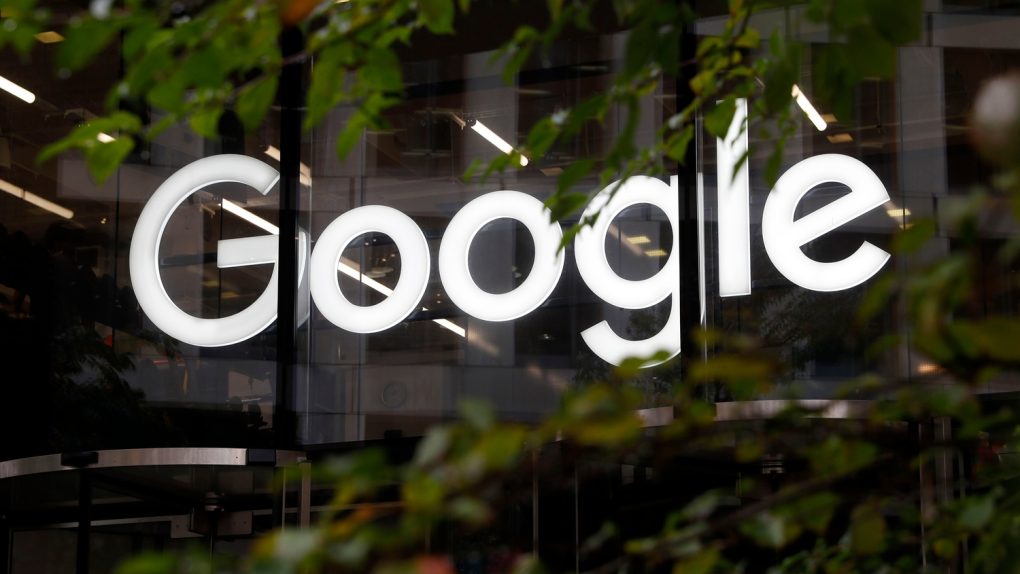One of the major upgrades Google has revealed it will bring to its Pixel 4 and Pixel 4 XL smartphones this month is a face unlock feature that utilizes the company’s motion-sensing radar, Soli, to detect your face and open the phone up almost instantaneously as you go to pick it up. In order to perfect this feature, Google admitted that it was conducting “field research,” which translated to offering people $5 gift cards to have their faces scanned.
This was troubling on its own, but it turns out that $5 gift cards may have just been the tip of the iceberg when it came to the tactics the contractors used to get the data Google needed. New York Daily News reports that several people who worked on the project say they were asked to use “questionable and misleading methods” to obtain the scans they needed, and a series of interviews shows just how desperate Google was for data.
Contractors who allegedly worked on the face scanning project claim that employment firm Randstad specifically told them to target certain groups of people, sending them to downtown Atlanta to take photos of homeless people and the BET Awards in Los Angeles to get photos of people of color. They were also told to conceal their objective — say they were playing a “selfie game” in order to trick potential targets, or even outright lie.
“We were told not to tell (people) that it was video, even though it would say on the screen that a video was taken,” a source told NYDN. “If the person were to look at that screen after the task had been completed, and say, ‘Oh, was it taking a video?’… we were instructed to say, ‘Oh it’s not really.'”
“One of the days of training was basically building a vocabulary that distracts the user from the actual task at hand as much as possible,” said another alleged worker. “The phrase ‘mini-game’ was brought up a lot. It was a lot of basically sensory overloading the person into getting it done as quickly as possible and distracting them as much as possible so they didn’t even really have time to realize what was going on.”
Here’s what a Google spokesperson had to say regarding the findings of the New York Daily News report:
We’re taking these claims seriously and investigating them. The allegations regarding truthfulness and consent are in violation of our requirements for volunteer research studies and the training that we provided.
Although the consent agreement that many of the targets of the project signed says that Google can keep that data “as long as needed to fulfill the purposes which is expected to be about five years,” but Google has since said that the data will be kept for a maximum of 18 months and can be deleted upon request. Regardless, if these allegations are true, Google needs to explain how it could allow this to take place under its watch.








